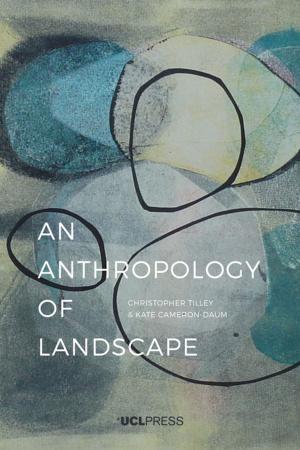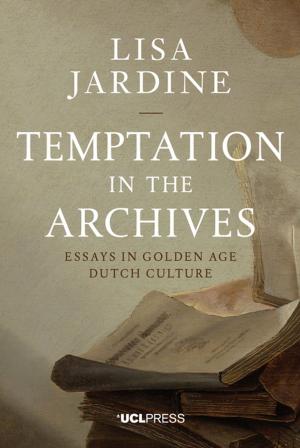The Correspondence of Jeremy Bentham, Volume 1
1752 to 1776
Nonfiction, History, Modern, 18th Century, Religion & Spirituality, Philosophy, Biography & Memoir| Author: | Jeremy Bentham, Professor J.H. Burns | ISBN: | 9781911576068 |
| Publisher: | UCL Press | Publication: | June 7, 2017 |
| Imprint: | UCL Press | Language: | English |
| Author: | Jeremy Bentham, Professor J.H. Burns |
| ISBN: | 9781911576068 |
| Publisher: | UCL Press |
| Publication: | June 7, 2017 |
| Imprint: | UCL Press |
| Language: | English |
The first five volumes of the Correspondence of Jeremy Bentham contain over 1,300 letters written both to and from Bentham over a 50-year period, beginning in 1752 (aged three) with his earliest surviving letter to his grandmother, and ending in 1797 with correspondence concerning his attempts to set up a national scheme for the provision of poor relief. Against the background of the debates on the American Revolution of 1776 and the French Revolution of 1789, to which he made significant contributions, Bentham worked first on producing a complete penal code, which involved him in detailed explorations of fundamental legal ideas, and then on his panopticon prison scheme. Despite developing a host of original and ground-breaking ideas, contained in a mass of manuscripts, he published little during these years, and remained, at the close of this period, a relatively obscure individual. Nevertheless, these volumes reveal how the foundations were laid for the remarkable rise of Benthamite utilitarianism in the early nineteenth century.
Bentham’s early life is marked by his extraordinary precociousness, but also family tragedy: by the age of 10 he had lost five infant siblings and his mother. The letters in this volume document his difficult relationship with his father and his increasing attachment to his surviving younger brother Samuel, his education, his interest in chemistry and botany, and his committing himself to a life of philosophy and legal reform.
**Praise for the **Correspondence of Jeremy Bentham, volumes 1-5
‘These volumes provide significant additions to our understanding of Bentham’s work in the first half of his life up to 1797. The insights they offer into Bentham’s activities, ideas and method cast light on his philosophical and political positions in a seminal period in British and European history.’
British Journal for the History of Philosophy
The first five volumes of the Correspondence of Jeremy Bentham contain over 1,300 letters written both to and from Bentham over a 50-year period, beginning in 1752 (aged three) with his earliest surviving letter to his grandmother, and ending in 1797 with correspondence concerning his attempts to set up a national scheme for the provision of poor relief. Against the background of the debates on the American Revolution of 1776 and the French Revolution of 1789, to which he made significant contributions, Bentham worked first on producing a complete penal code, which involved him in detailed explorations of fundamental legal ideas, and then on his panopticon prison scheme. Despite developing a host of original and ground-breaking ideas, contained in a mass of manuscripts, he published little during these years, and remained, at the close of this period, a relatively obscure individual. Nevertheless, these volumes reveal how the foundations were laid for the remarkable rise of Benthamite utilitarianism in the early nineteenth century.
Bentham’s early life is marked by his extraordinary precociousness, but also family tragedy: by the age of 10 he had lost five infant siblings and his mother. The letters in this volume document his difficult relationship with his father and his increasing attachment to his surviving younger brother Samuel, his education, his interest in chemistry and botany, and his committing himself to a life of philosophy and legal reform.
**Praise for the **Correspondence of Jeremy Bentham, volumes 1-5
‘These volumes provide significant additions to our understanding of Bentham’s work in the first half of his life up to 1797. The insights they offer into Bentham’s activities, ideas and method cast light on his philosophical and political positions in a seminal period in British and European history.’
British Journal for the History of Philosophy















